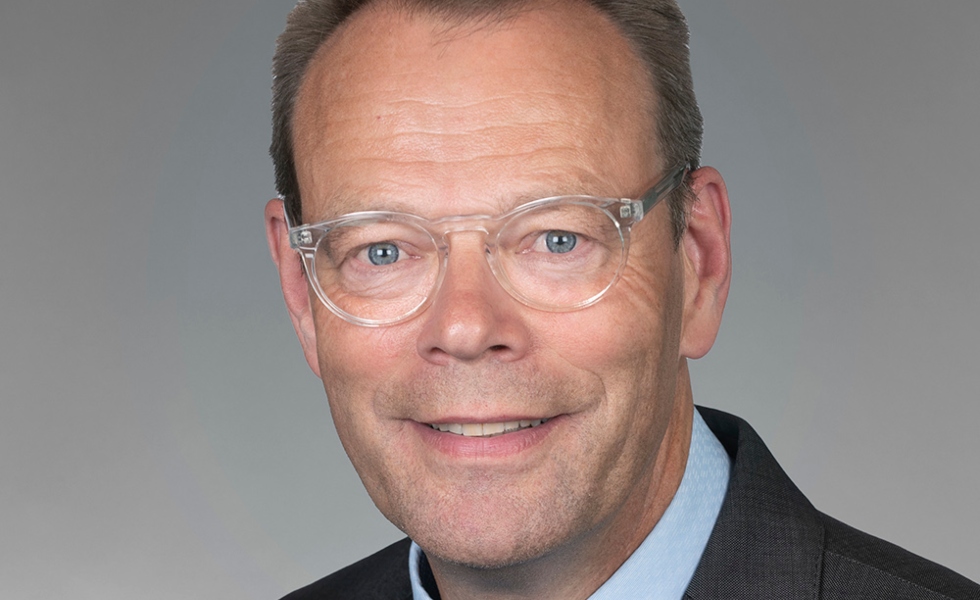Dick Kamp: A new social contract in the pension sector
Dick Kamp: A new social contract in the pension sector

This column was originally written in Dutch. This is an English translation.
By Dick Kamp, Director Pension, Investment and Risk at Milliman Pensioen
Contrary to what the title of this column suggests, the subject of this column is not politically oriented. It is about a phenomenon in our human society, namely legitimacy of authority. You've probably heard it before. If the state takes good care of us, then we accept the authority of the state. When we believe the state no longer takes good care of us, we revolt. See the recipe for revolutions here.
What applies to the state also applies to social partners/pension funds. With the transition to the new pension system, 'the social contract' between participants and social partners/pension fund is being rewritten. I consciously write social partners/pension funds as one word. I don't think the participant knows that distinction very well.
The new social contract explicitly promises more insight and implicitly promises more influence. It is aimed at empowering the participant. If you are active in the sector, you know that empowerment has not yet increased. The choices (flexibility options) are virtually the same as those of the 'old' pension scheme. The 'major' innovation, the lump sum, is still not in effect.
Frequently heard arguments against more freedom of choice (empowerment) are that the participant does not want it, that participants are not sufficiently knowledgeable and that participants go for short-term happiness instead of long-term financial security. Perhaps this is all true.
I would like to counter that with the following. The period of participation in a pension fund is getting longer, from 18 years to 88 years. The construction phase lasts approximately 50 years. A lot happens in a participant's life during those 50 years. Especially in our time. Having children, sabbaticals, additional training, etc. In addition, (future) generations are more ESG-conscious in life.
This involves more individual choices. I think that pensions will eventually have to be adapted to this new reality. I also believe that accidents can happen if pensions are not carefully adjusted. But that is precisely where the pension sector's responsibility lies.
I am making a first attempt to give substance to this.
- An important step is to actively collect the wishes of participants. I am convinced that the various generations of participants within a pension fund have different wishes regarding their lives and different images of their social beliefs. It is good to actively inventory these.
- The next step is to gain insight into the desired knowledge about the financial structure of 'life' in order to make possible future choices responsibly.
- Finally, it is important to consider what options are available to make accrued pension capital more relevant during the life of the participant. To stimulate the imagination, some possible examples:
- Own choices of investments (more or less ESG, accents, etc.).
- Investing in activities that can be consumed by participants (wind farm on the North Sea).
- Temporary use of part of the saved pension capital to buy a house, provide additional training, and temporarily care for the children.
In short, with the transition to personal pension capital, a new social contract has been written. It is up to the sector to give more substance to this new social contract in a way that is also appropriate for a modern society. Expectations are high. The danger of disappointment is also great. Standstill in further development is the greatest risk.
Dear director, are you already thinking about your fund strategy after joining?
This is the twenty-fourth column in a series on risk management. The series aims to encourage the reader to consider risk management as an integral part of running a pension fund.









